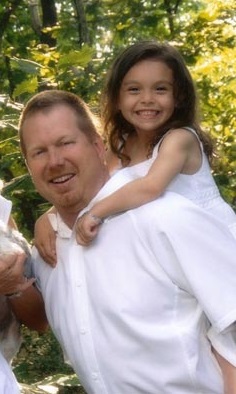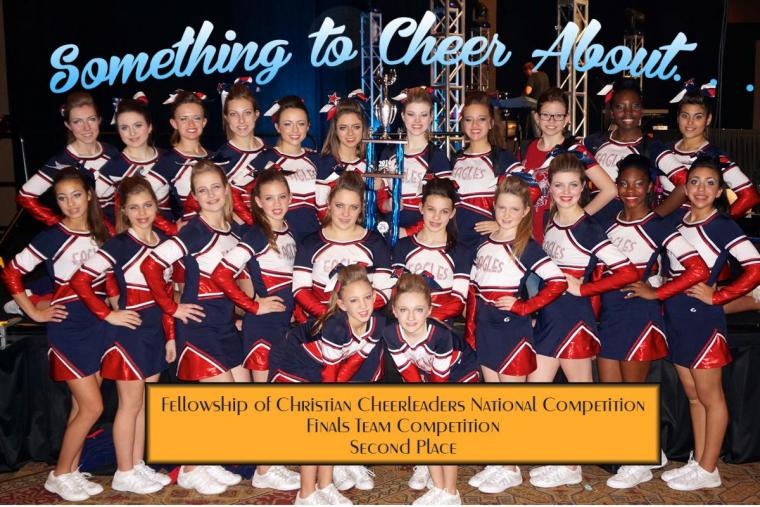
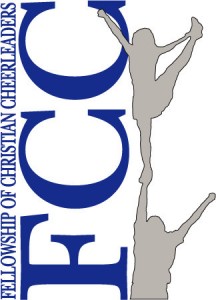
The Fellowship of Christian Cheerleaders (FCC) is the largest Christian ministry in the world solely focused on cheer. Its activities include clinics, camps, competitions and coaching conferences, offered nationwide. National championships bring a significant economic impact to the cities hosting them. The organization, which has celebrated its 30th year of providing service to youth athletes, continues to have success providing service to a niche market, and to expand upon its work. In addition, a select number of staff, coaches and athletes travel worldwide on special mission trips to the Czech Republic, Costa Rica, Africa and more each summer. In these trips, the organization helps set up cheer programs to provide a recreational outlet to youth who lack such opportunities.
Sports Destination Management: The FCC seems to have found its own place in the cheerleading world. How did it get started?
Cary Coleman: I was a college football coach and one summer, I started an all-sports camp. Something I noticed was that there were a lot of faith-based camps for sports like basketball, volleyball and so on – but absolutely nothing was being offered for cheerleading. We decided to hold something and it just took off. We just completed our 32nd summer of offering those camps.
SDM: Do you see it as a competitor to cheer gyms and all-star programs?
Coleman: Not really. Other programs don’t really view us as competition; we really do serve a niche market compared to them. But about 11 years ago, we did create something similar as a test in the Atlanta area: a cheer program that would run out of churches – rather than out of schools, which up until then had been our main membership – and would cost a lot less than a private program in a cheer gym would.
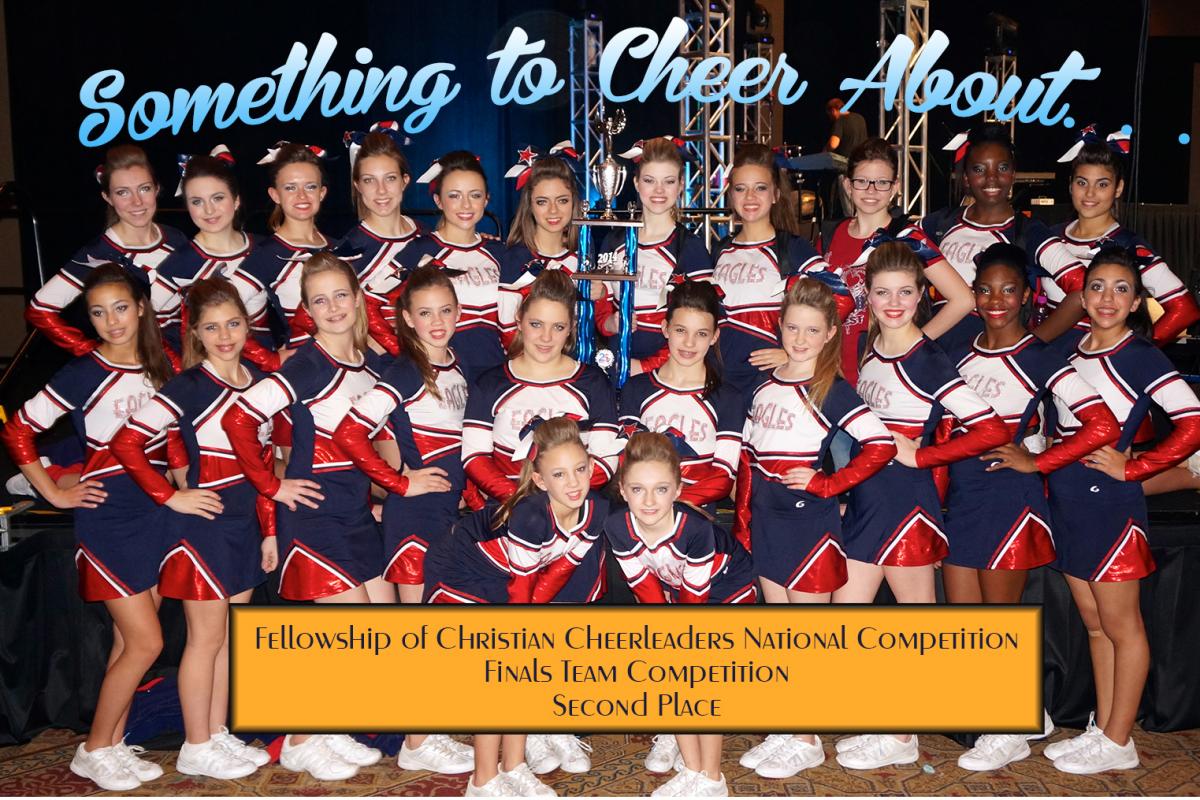 It’s a really good option for parents whose kids want to try the sport. And when you think about it, it makes a lot of sense; why invest that much money in something a six- or seven-year-old may not like? It’s a very elementary program; cheer goes from level 1 to 5, so I’d say these programs are about a level 1 or 2. But it’s been very successful so far; we have about 1,000 kids in the Atlanta market who are cheering with their churches. And kids honestly just want to learn and compete; they’re not thinking of college scholarships, which are rare in this sport anyway.
It’s a really good option for parents whose kids want to try the sport. And when you think about it, it makes a lot of sense; why invest that much money in something a six- or seven-year-old may not like? It’s a very elementary program; cheer goes from level 1 to 5, so I’d say these programs are about a level 1 or 2. But it’s been very successful so far; we have about 1,000 kids in the Atlanta market who are cheering with their churches. And kids honestly just want to learn and compete; they’re not thinking of college scholarships, which are rare in this sport anyway.
SDM: Do you see it getting as big as the cheer gyms?
Coleman: I guess it could be – it has certainly been successful so far. We’d like to see if it’s duplicable in other cities. Something we’ve noticed is that most people in the community who sign up for it, they’re not signing up because it’s a church program – they’re signing up because it’s economical. It’s good to be able to offer people that alternative. I have seen families spend hundreds of thousands of dollars on cheer with their kids going the club route and all the travel involved, and then their kids burn out or else they’re not going to make it on the collegiate level and they drop out. This is a nice program. They still have the ability to compete but there isn’t nearly as much money invested.
SDM: Switching gears to the programs you offer, the FCC is a very active organization in terms of putting on events.
Coleman: It is. In addition to our competitions, we have summer camps, clinics and conferences for coaches.
SDM: How are the clinics different from the camps?
Coleman: Clinics are set up because someone contacts us and asks us to come to their school to teach skills; in other words, we come to them. Our camps are something we host and people travel to us to attend them.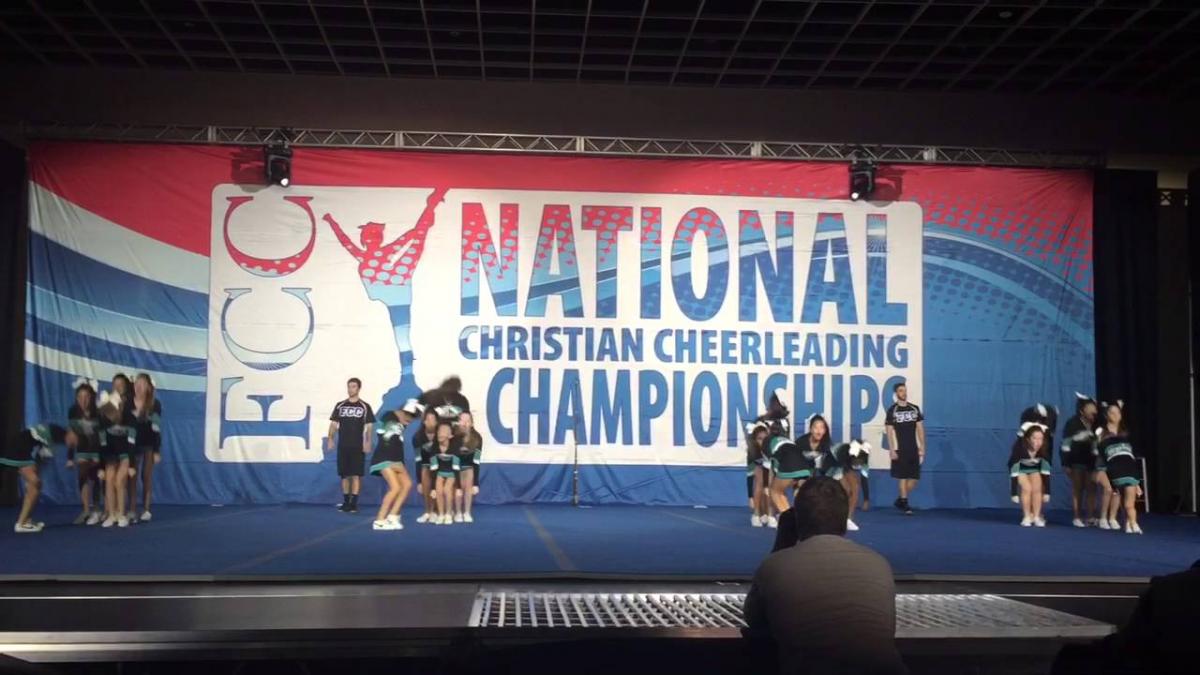
SDM: The organization also offers its National Championships, in addition to Fall Regionals and a Championship Series – and several other events as well. How have you traditionally chosen locations for events?
Coleman: Regionals are usually hosted at a really nice high school facility and we’ll charge as little as $15 a kid; it keeps it affordable for everyone in the youth market. For our Championship Series, we look for something in a college or in a smaller arena. For example, our Florida Championship is at the Ocean Center in Daytona Beach the second Saturday of December. We’ve found that if we’re flexible with the dates, we can get a really nice location at a good price.
For our national championships, we need a convention center set-up. We’ve been using the Rosen Shingle Creek in Orlando; they’ve won three bids in a row to host that, and we’re under contract with them until 2021. I have thoroughly enjoyed the partnerships we’ve made with meeting planners and suppliers when we do our events. Any event should be a win for the destination, the organization, the hotel, the city and the kids. Oftentime, people go into it with the wrong mentality. If you go into it with the partnership mentality, everyone wins and you come out with a good experience.
SDM: FCC has a lot of events; do you have any figures on attendance?
Coleman: This competition season, we’ll serve about 25,000 kids and spectators. We try to make our competitions unique – it’s not just performing on the floor for a few minutes. We want the kids to come out with a good experience so we make ourselves different; for the national championships, we have a welcome party and pin trading, plus a full concert. We have an entertainer; there are all kinds of fun activities. We want it to be more than just competing.
 SDM: Any idea on the economic impact?
SDM: Any idea on the economic impact?
Coleman: Not exactly, but we sold out our room block four months before the event and I know we generate over a million dollars of business for the hotel. When you factor in the 3,600 room nights and the food and beverage – because we use catering and meeting rooms as well – it’s good business for them. It’s the first week of January, which is a very slow time in terms of meetings or conventions. We also use several hundred room nights in overflow properties.
SDM: What age group is FCC?
Coleman: We go from youth all the way through high school. When we do our summer camps, there are about 60 college cheerleaders who come to work with us – I think of it as ‘one-step-ahead’ teaching. That’s one of the things we really enjoy, seeing students go through our program and then come back later as an instructor when they’re in college, or even later if they get a job as a coach. We started a hashtag, #FCCForLife, and we’re using that.
SDM: Do the camps include a church service?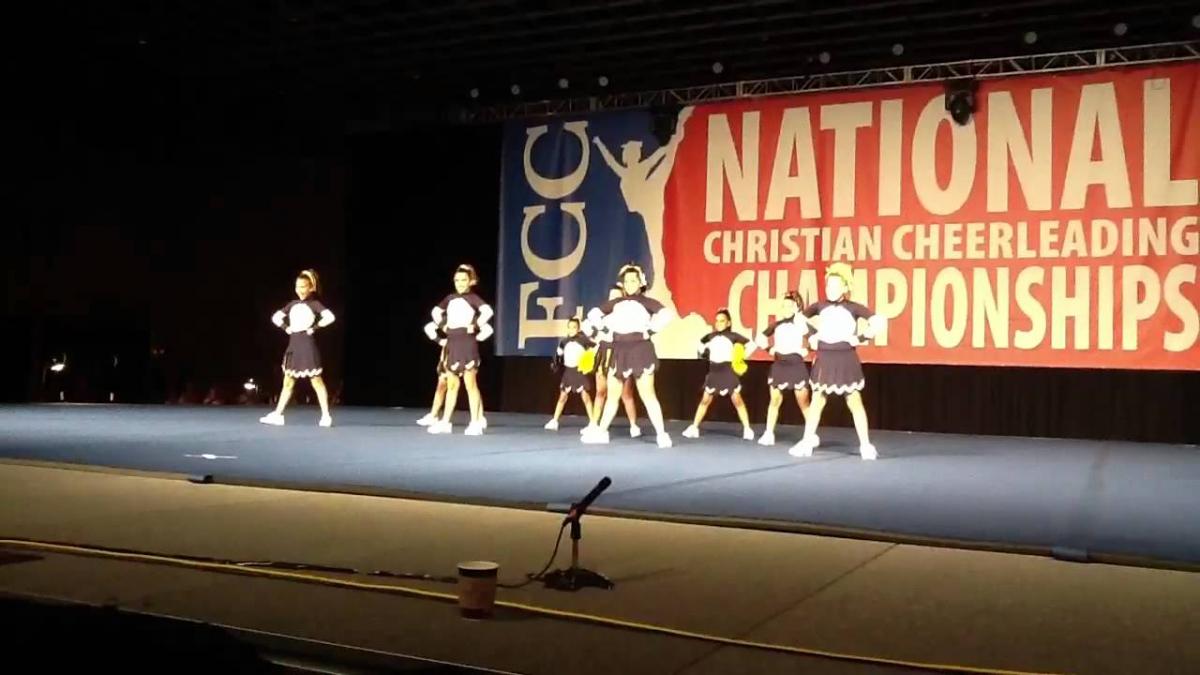
Coleman: Not a formal service. We have a couple of options for kids who are coming to our summer camps. They’re coming to a cheer camp, after all, not to Vacation Bible School. The college kids lead and they might speak for a few minutes, but it’s all done in a very tasteful way. We have public schools attending these as well, so we also have a general leadership track. You can always use leadership in the world today. The kids can all interact and learn. We’re trying to provide something to them on top of just a cheerleading program.
SDM: So it’s not just churches or religious groups or parochial schools that attend?
Coleman: No, not at all. We also work with YMCAs, the Boys and Girls Clubs – we actually have three inner city groups right now. Some are on scholarship assistance, and we feel like we’re providing something special to everyone. It’s good to see.
SDM: Do you work with homeschool groups too?
Coleman: Yes – there are several here in Atlanta and in Virginia we’re plugged in with. It’s interesting to see that high school homeschool groups are now venturing into more than just basketball or soccer when it comes to sports. Sometimes, we’ll see the homeschool groups partner with another Christian school and that way, they can join their teams and activities as well.
SDM: What do you think is the biggest misconception about FCC?
Coleman: People sometimes think Christian and cheerle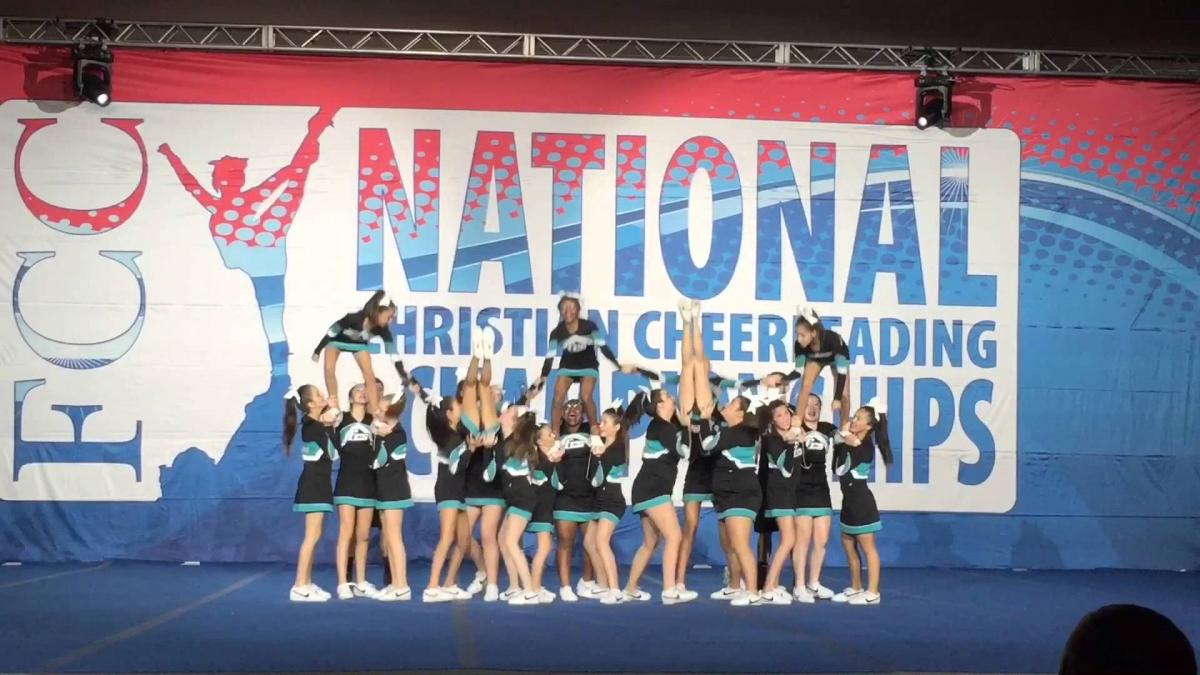 ading can't really go together. I once was asked in a radio program if I thought Christian cheerleading was an oxymoron.
ading can't really go together. I once was asked in a radio program if I thought Christian cheerleading was an oxymoron.
SDM: The travel market for cheer and dance is huge.
Coleman: It is – I read there are over 4 million cheerleaders in the U.S. and 67 percent of those are on the competitive side. The club teams are going somewhere to compete every two weeks or so. That’s a lot of travel and a lot of money. Maybe we’re a fly on the wall compared to that, but we have our own little niche.

